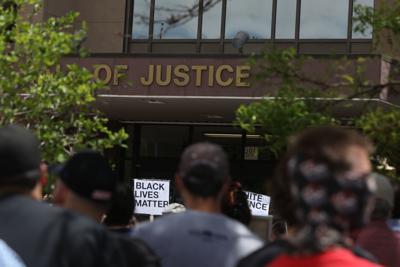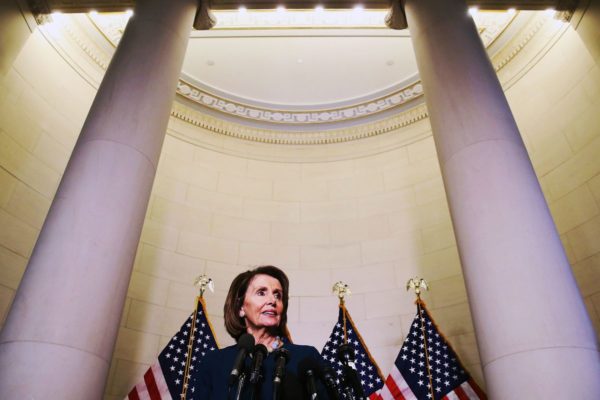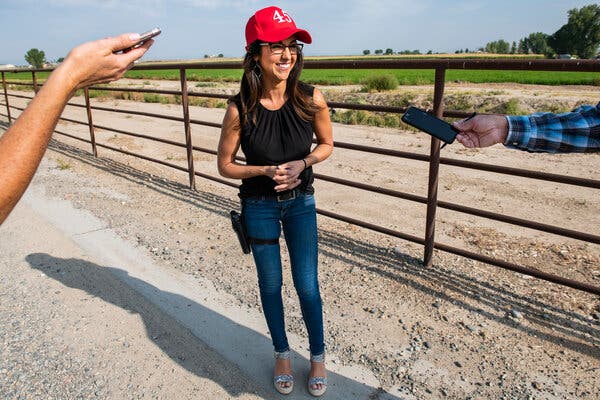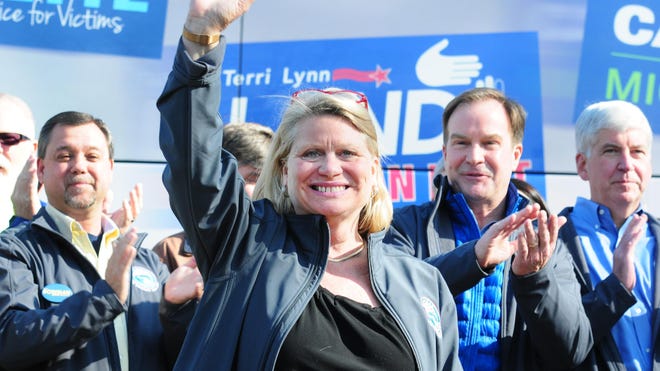307 Politics: Checking in on free speech in Wyoming, and other news
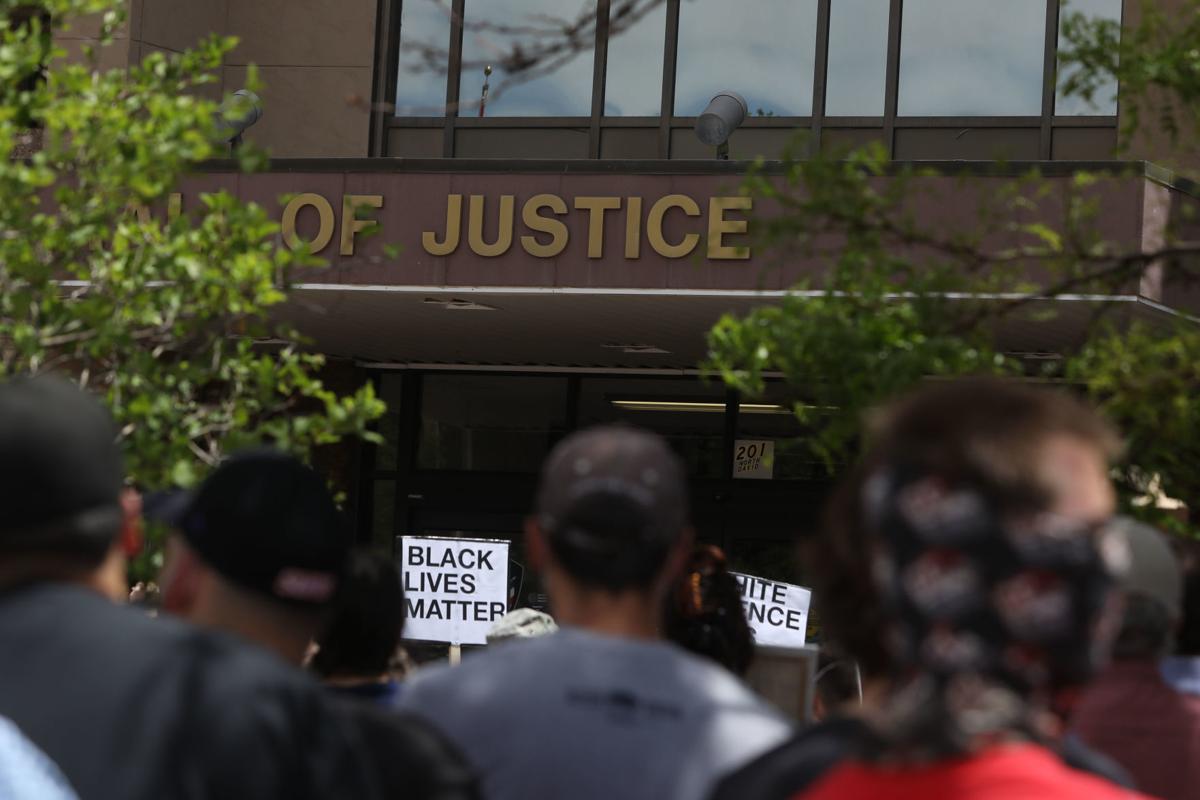
Protesters gather in front of the Casper Police Department holding signs and speaking about police brutality on June 3 in downtown Casper.
Cayla Nimmo, Star-Tribune
The right to free speech is an integral piece of the American way of life.
The First Amendment of the Constitution has helped empower some of the most profound and intellectually challenging works in the written world, facilitate widespread movements toward social change and allowed citizens the freedoms needed to speak truth to power and hold authority to account. For all intents and purposes, the First Amendment is an immovable facet of the American way, often used by those both on the left and right to create moral separation between the United States and its adversaries.
It is also a tenet of American life that faces consistent challenges. As a nation, the United States ranks surprisingly low on issues like freedom of the press and, at the lowest level, municipal leaders have an unexpected amount of leeway in dictating the speech of its people. Historically, the 1960s saw significant battles over people’s First Amendment rights on college campuses, for example, while today, local governments still have plenty of space to attempt and define appropriate means of expression.
Including in Wyoming.
In recent weeks, the handling of two distinct events in two distinct areas of the state – one in Gillette and one in Jackson – helped lay bare the amount of control local governments have over their citizens, raising new questions about what speech is permissible and what is not.
In Jackson, a young man was ticketed for picking a fight with a counter protester in the town square after yelling “F*** Trump,” a punishment outlined in a local ordinance that has been on the books since 1961. And in Gillette, locals were successful in getting a float depicting Mayor Louise Carter-King in a jail cell approved after attempts by local officials to bar them from participating. The float came in response to what they perceived as the forced resignation of a city councilman there for “liking” posts that contained racist and sexist views on social media.
That incident has since led to widespread community unrest that has been well-reported in the Gillette News Record and, last week, culminated with a local judge resigning so that he could speak his mind at a City Hall meeting.
Both episodes mirror a growing divide in the United States about whether limits on free speech are merited in an increasingly tense political environment, or whether all speech – even those containing inaccuracies or hateful language – should be protected.
While the First Amendment has clear limits – it does not protect defamation, for example – its actual extent is still open to interpretation. As social media companies have come to play a critical role in defining the limits of the public square, some have called for First Amendment rights to extend beyond the clearly defined lines of public and private entities, particularly as companies such as Facebook and Twitter have come under increasing pressure to control hate speech and misinformation on their platforms.
The proper restriction of speech in the public square – or whether it should occur at all – will continue to be a consistent challenge for state and municipal leaders alike, particularly as communities face a constitutional obligation to specifically define what speech is allowed and what is not in their own statutes.
One notable example occurred in the 1990s, when the Supreme Court of the United States ruled that one Missouri town’s ordinance banning lawn signs was an unconstitutional restriction of a resident’s right to free speech.
More recent are numerous examples of students successfully suing public institutions of higher learning for restricting their rights to free speech on campus through the use of “free speech zones,” which notably came up in a failed bill in the Wyoming Legislature back in 2018. (The bill was opposed by the Foundation for Individual Rights in Education after numerous flaws were written into the bill that could have potentially chilled speech even further.)
Questions of free speech are commonplace in Wyoming. The Wyoming Liberty Group has notably called for a loosening of the state’s campaign finance laws, citing donation limits as a restriction on the free speech rights of wealthy donors, while the right for private businesses to exercise their religious liberties to discriminate against members of the LGBTQ community remains a hot button issue for the state’s far-right.
Wyoming also gained national attention after a judge ruled an “ag-gag” law – or a statute criminalizing collecting evidence of pollution on public lands or incidents of animal abuse — passed by the Wyoming Legislature was improperly protecting major agricultural interests from scrutiny by outlawing a citizen’s right to document the practices of private businesses.
Since John Peter Zenger was acquitted of libel for speaking the truth of New York governor William Cosby in 1734, the American definition of free speech remains unshakable at its core, but constantly evolving. Amid growing questions of what the law should look like, the public should only expect that to continue, and should expect to have a role in crafting that definition.
The Week Ahead
Monday: Joint Committee on Revenue meets remotely.
Tuesday: None.
Wednesday: A hearing to select a replacement for retiring Rep. Bunky Loucks takes place in Casper.
Thursday: Joint Committee on Travel, Recreation and Wildlife meets in Thermopolis and remotely.
Friday: None.
Weekend: None.
Have an event you’d like highlighted here? Email me with the date, time, and place!
Wyoming Politics
Approval for Gov. Mark Gordon’s COVID-19 response remains above President Trump’s in new poll: However, the governor’s approval rating for his handling of the virus – once among the nation’s highest – is beginning to slip amid a surge in cases and growing public discontent around the state’s public health orders, which are still among the nation’s least restrictive. (via CovidStates.net)
Governor offers new details about budget cuts, announces second round of reductions: Upcoming state budget cuts could eliminate services for children and the elderly while reducing funding for mental health programs. (via Trib.com)
Former legislator and House candidate criticized after shooting neighbor’s dog: The former lawmaker said he shot the dog after it attacked one of his milking goats through a fence. (via Trib.com)
Around Wyoming
McCormick report confirms culture of bigoted bullying, inadequate staff response: McCormick Junior High School had an established culture of racist, homophobic and ableist bullying that some staff either took part in or didn’t feel comfortable reporting to administration. (via the Wyoming Tribune-Eagle)
End of the road for Wyoming coal? Wyoming’s current reality is bleak. Long dependent on energy production revenues, the precipitous decline in coal means Wyoming’s budget is now facing a projected shortfall of up to $1.5 billion. While it may be easy to point to the COVID-19 pandemic as the cause of the state’s fiscal woes, the decline in coal and the implications for the state’s revenues have been evident for several years. (via The Kemmerer Gazette)
Eye On Washington
The United States Senate had the week off and spent time with constituents.
Have any tips or suggestions to make this newsletter better? Let me know! Call me at 307-266-0634, email me at nick.reynolds@trib.com or follow me on Twitter, @IAmNickReynolds






